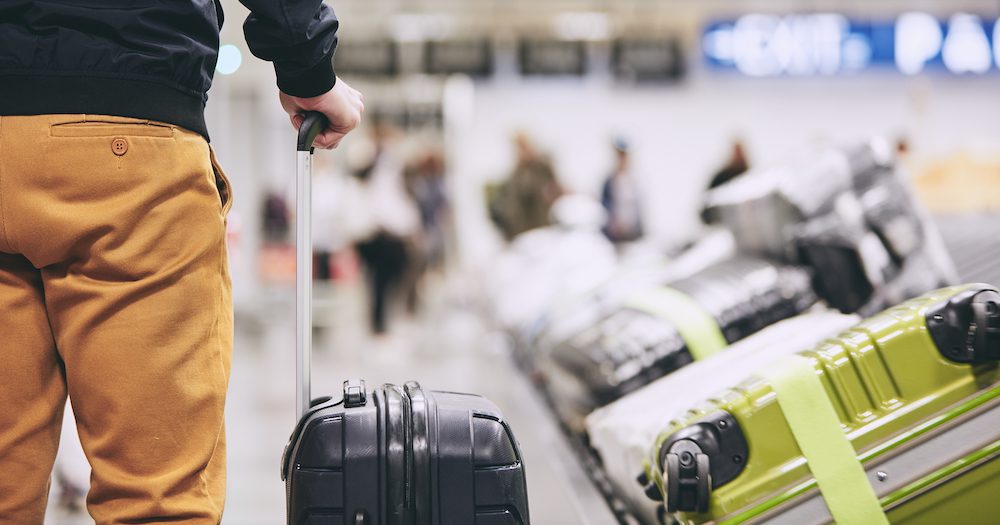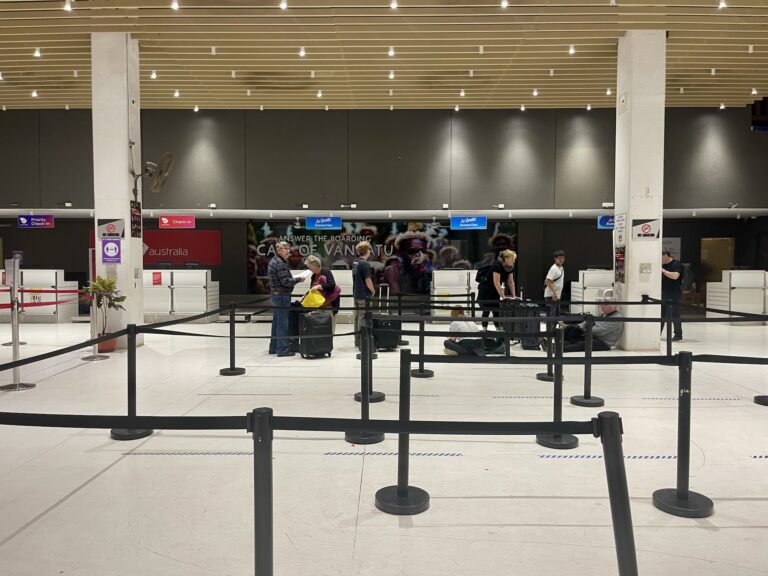Your destination: Melbourne. Your bag’s: Minsk … Of all the stigmas around air travel, lost baggage is up there with the greatest. But airlines and airports have worked hard to fix that.
Unfortunately, after a decade in which mishandled baggage rates fell, the aviation industry is now facing a surge in the rate of mishandled bags as air travel returns post-pandemic.
According to SITA’s 2023 Baggage IT Insights, the number of mishandled bags almost doubled from 2021 to 2022 to 7.6 bags per thousand passengers.
SITA, a global specialist in air transport communications and IT, puts the increase down to a shortage of skilled staff and congestion at airports amid busier times for air travel. Also, peak travel periods make the situation worse, it claims.
The Baggage IT Insights report shows delayed bags accounted for 80 per cent of all mishandled bags in 2022, while lost and stolen bags increased to seven per cent. Damaged and pilfered bags decreased to 13 per cent of all cases.
Transfer bags are the most likely to be mishandled, with the proportion of bags delayed at transfer rising by one per cent to 42 per cent of all baggage. Unloaded bags accounted for 18 per cent of all mishandled baggage, while incorrectly loaded bags more than doubled year-on-year, rising to nine per cent.
According to SITA, improvements in bag handling processes saw the mishandling rate per thousand passengers fall by nearly 60 per cent between 2007 and 2021. But the latest rate of 7.6 bags per thousand passengers shows a 75 per cent increase from 2021.
Getting back on track
Consequently, SITA says the industry needs to focus on the digitalisation and automation of baggage handling and tracking.
“After a decade where the mishandling rate more than halved between 2007 and 2021, it is disheartening to see this rate climbing again,” SITA CEO David Lavorel said.
“As an industry, we need to work hard to ensure passengers are once again confident to check in their bags.
“We at SITA are working directly with airlines and airports to help solve key pain points in the baggage journey through smart automation, tracking, and digital platforms.”
One way in which airlines are combatting this development is by increasing their investment in real-time baggage tracking.
Currently, 25 per cent of airlines offer real-time baggage information directly to passengers, with this figure expected to rise to 67 per cent by 2025.
Three in five (57 per cent) airlines also already provide staff with mobile access to real-time baggage status, with that number expected to rise to 84 per cent by 2025.
Meanwhile, the International Air Transport Association (IATA) has called for greater standardisation in baggage handling as it works on upgrades to real-time tracking, electronic bag tags, and Bluetooth and other technology.
“We all know the frustration of losing luggage. And the cost to the industry is staggering,” IATA Director of Ground Operations Monika Mejstrikova said.
“In 2019, 25.4 million bags were lost or delayed resulting in a bill of $2.5 billion. IATA is committed to improving baggage handling through collaboration and innovation.”
Earlier this month, Air New Zealand expanded its luggage tracking program pilot to up to 25 per cent of its app users on domestic flights and five per cent of users on short international flights, including to Australia.






